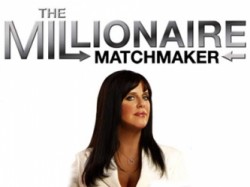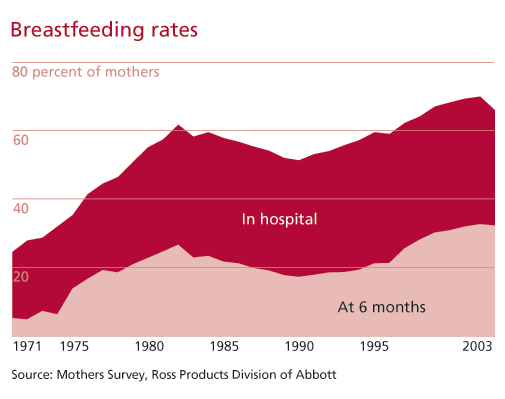
The contemporary Afro hairstyle has a particular history in the United States that signifies political, cultural, and social resistance. For one, it is a symbol of resistance against white cultural notions of what types of hairstyles and clothing are “aesthetically pleasing.” It also represents a global movement. However, the Afro’s use in popular culture and the media sometimes contradicts the goals of social resistance. A recent article in The Atlantic by Saida Grundy documents how modern uses of the hairstyle can both further ideas of resistance and reduce the Afro to merely a media commodity.
Grundy argues the use of the Afro by Colin Kaepernick in a recent Nike ad campaign has turned a symbol of resistance — made famous during the Black Power movement by people like Angela Davis and other revolutionaries — into a retail commodity. Davis also faced this issue. She was troubled by the way her activism and scholarly work was reduced to an iconic image sold on various merchandise. In a similar way, the branding of Kaepernick’s racial politics risks undermining his intention of highlighting egregious racial disparities in the United States. According to Grundy, Kaepernick has no control of how his message will be received by Nike consumers. Instead,
“He is a proxy—a window-dressing model for the larger project of packaging Black Power images, which is jarringly similar to the cultural reimagining that deemed Davis’s style and the black leather jackets and berets of her contemporaries irresistibly and undeniably cool.”
In short, using symbols of Black resistance in consumer culture can be a double-edged sword. While the use of these symbols can further the movement’s publicity and longevity (as represented by the longtime symbolism of the Afro), it also runs the risk of reducing its message to something that can be easily bought or sold.



